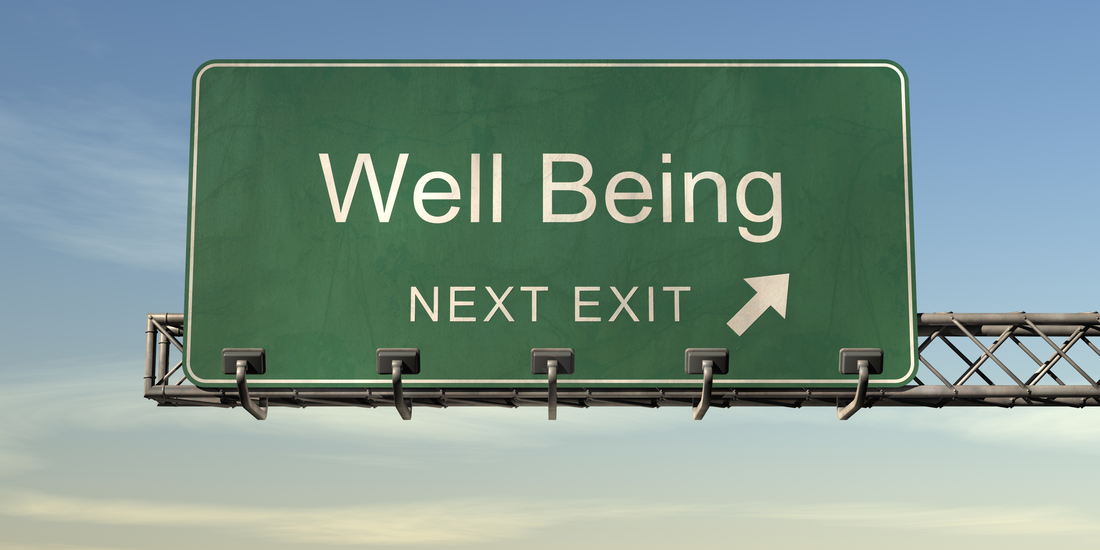|
At my recent high school reunion, I asked an old classmate how his summer was going. He looked at me straight on and said “quite honestly, its hard. Summers are hard with the kids in an out of camps, at home and trying to work at the same time.” I empathized with him as a fellow parent, business owner and community leader, and also took a bit of comfort in knowing I wasn’t alone. It was also healthy to see a man expressing some of the same sentiments I hear mostly from women.
Work-life balance is a common topic of conversation and one I hear frequently regardless of the circle of colleagues and friends I’m in. The challenge increases with age and upward career moves as the demands of children, care-giving, home and work responsibilities seem to pile up exponentially. Its not only the volume of demands but the quality of those experiences that can make anyone feel less than satisfied. Like many people, I’m not a fan of the term “work-life” balance. It suggests inherently that balance is possible and as we all know, it really isn’t. And contrary to common belief, those experiences aren’t compartmentalized. Feeling stress at work influences home-life and vice versa. Further, there is a more nuanced cause of those unsettled feelings. The Gallup organization (of the Gallup Poll), has found in its research that the work-life balance conversation can be better framed around the idea of over well-being. They break down well-being into five categories. Career - you like what you do every day Social - you have strong relationships Financial - you manage your money well Physical - you have enough energy to do the things you want Community - you like where you live What most attracts me to this framework is that it takes away the focus on time as the most significant factor in how we measure our lives. Instead, the measure of overall well-being is the quality of each area. So what’s the connection between leadership and well-being? The old way of thinking is that how someone feels about their well-being is a personal matter. That belief doesn’t hold up according to the Gallup poll research. They have found that how someone feels about their career is the most significant factor in how they measure their well-being. Second, how someone feels about their career is largely impacted by their work environment and especially the quality of their manager. Third, a poor working environment leads to dis-engagement and ultimately costs the global economy upwards of $8.8 trillion according to the latest State of the Global Workforce: 2023 Report. The evidence is clear: addressing well-being is critical for company success. And the first place leaders can start is with themselves. At the 2023 Women Leading Travel and Hospitality Summit in Nashville, Tennessee I gave a workshop on how to start addressing well-being called Banishing Balance: A New Paradigm for Personal and Professional Success. Sign up for my complimentary course which includes the workshop background presentation and practical information and exercises to get you started on a path to improved well-being.
0 Comments
|
AuthorRachel Vandenberg is a leadership coach living in Stowe, Vermont with her husband and three children. Rachel also owns and operates a hotel and attractions property with her family. She sits on the board of the local tourism association and also created a leadership retreat for women leaders in travel. Archives
July 2024
Categories
All
|


 RSS Feed
RSS Feed
